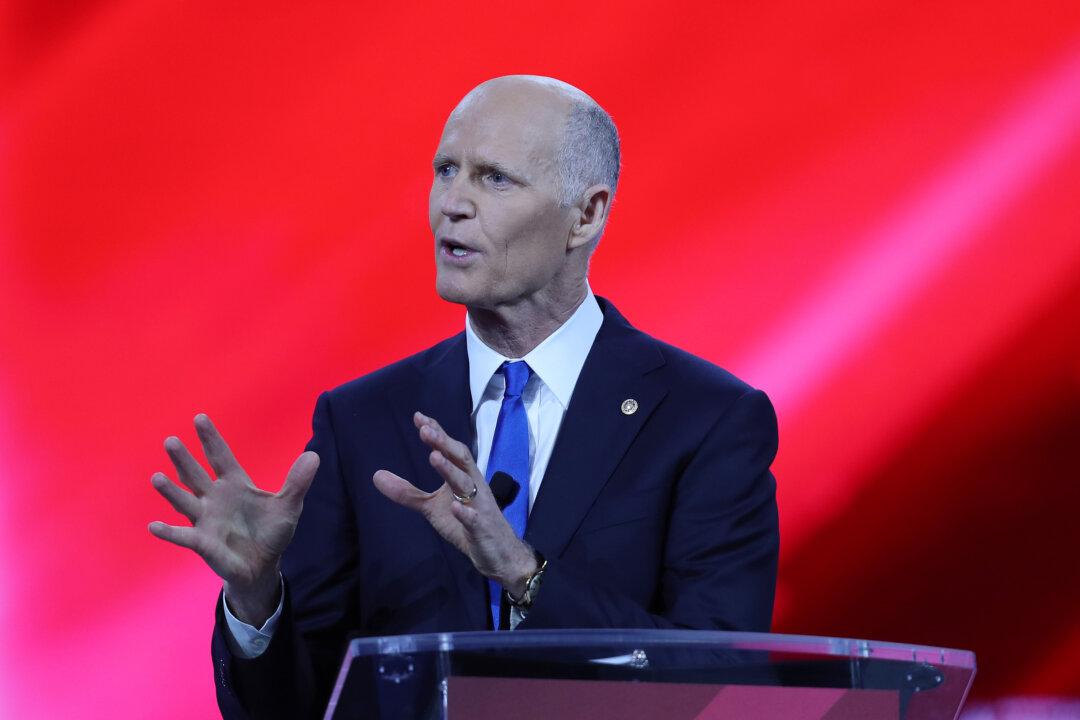Sen. Rick Scott (R-Fla.) on Tuesday unveiled an “11-point plan” detailing an array of ambitious policy goals that Republicans will pursue if they take control of Congress in November.
The 11 pillars of the plan, which can be found on Scott’s website, explain the broad ideological goals that will drive a GOP Congress. In the plan, Scott lists 128 specific policy proposals to bring about these goals.





